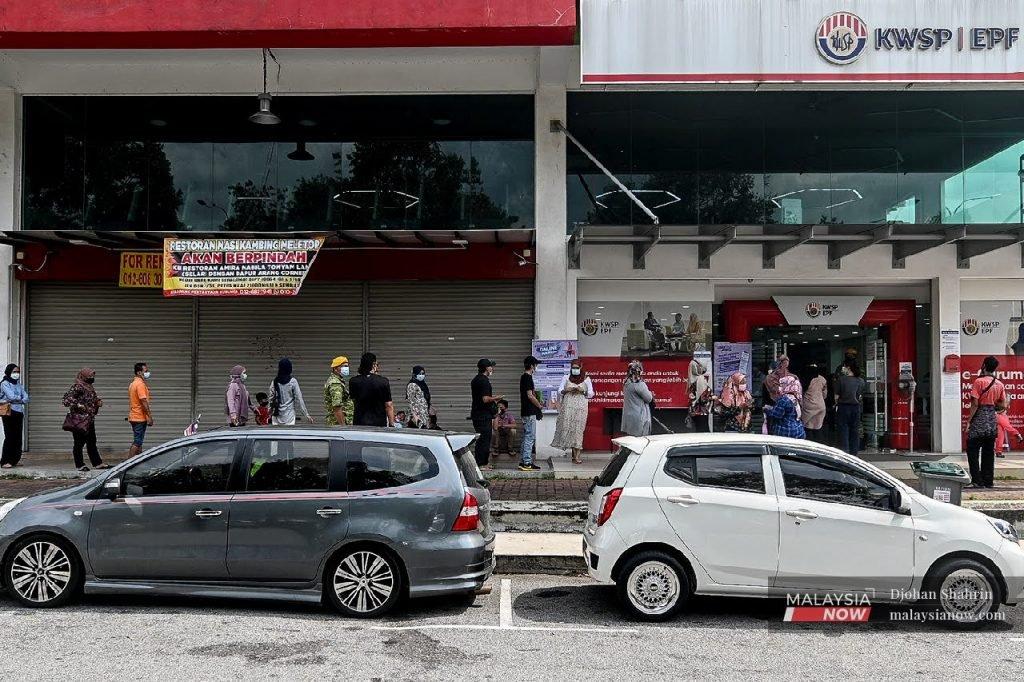Bank Negara urges reforms to social protection system after nod for latest EPF withdrawals
Deputy governor Jessica Chew meanwhile says such measures should be used 'very sparingly'.
Just In
Malaysia should urgently reform its social protection system to ensure that the people do not face serious financial hardships in the future, Bank Negara Malaysia (BNM) governor Nor Shamsiah Mohd Yunus said today.
The governor made the call after recent data from the Employees Provident Fund (EPF) showing that around 6.1 million EPF members have retirement savings of less than RM10,000 in their accounts.
Of these, 3.6 million have less than RM1,000.
“The pandemic has been a reminder to us again that we must urgently reform our social protection system.
“It will not be easy, nor can this happen overnight, but it needs to start now,” Nor Shamsiah told a virtual press conference in conjunction with the publication of BNM’s annual reports today.
She said this when asked to comment on the government’s recent nod for a special EPF withdrawal of RM10,000.
She said now that the economy is showing signs of recovery, the people should start to rebuild their financial buffers.
Meanwhile, deputy governor Jessica Chew said while the central bank recognised that the withdrawals would help many who are struggling to get back on their feet from the pandemic and the recent floods, the numbers from the EPF data “are really worrying”.
She said it was imperative to have a policy that could provide a proportionate response to the country’s situation.
“Measures like this (EPF withdrawals) should be used sparingly… very sparingly, and only in the most extreme of situations,” she said.
Meanwhile, the governor said the current household debt-to-GDP ratio stands at 89%, higher than that of regional peers like Singapore (69.7%), Indonesia (17.2%) and the Philippines (9.9%).
“We are carefully monitoring the high debt levels,” she said, adding however that improvements in the layout market and targeted assistance would further support the debt servicing capacity.
Subscribe to our newsletter
To be updated with all the latest news and analyses daily.
